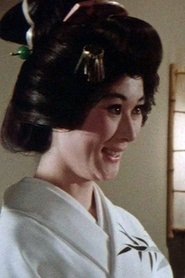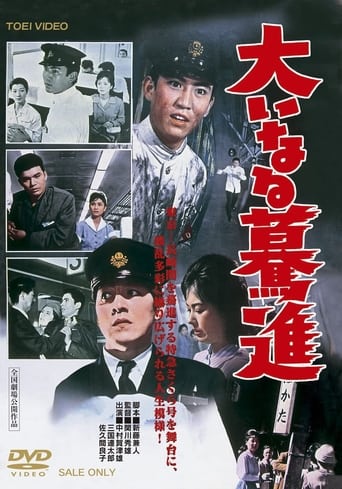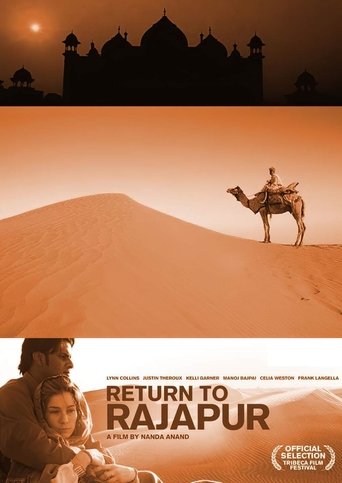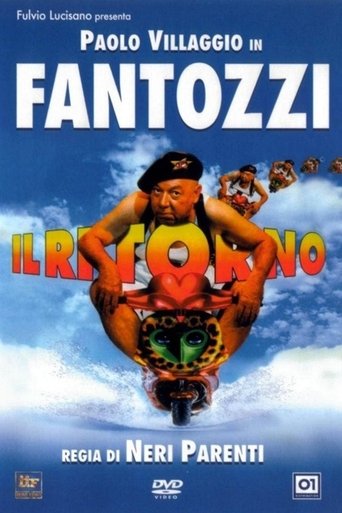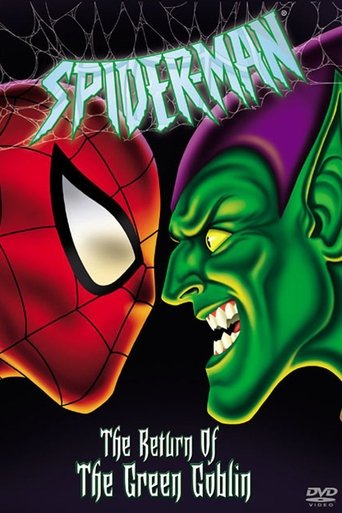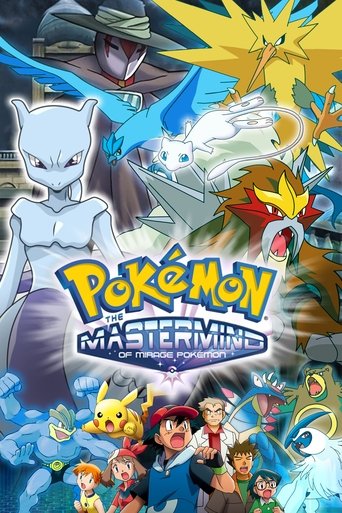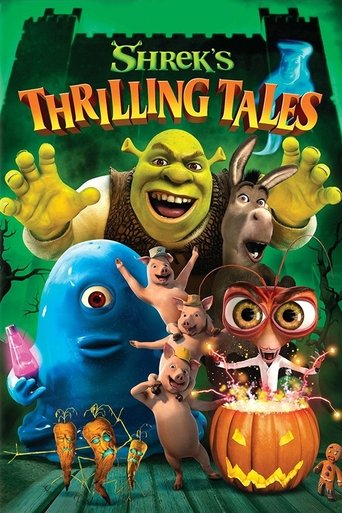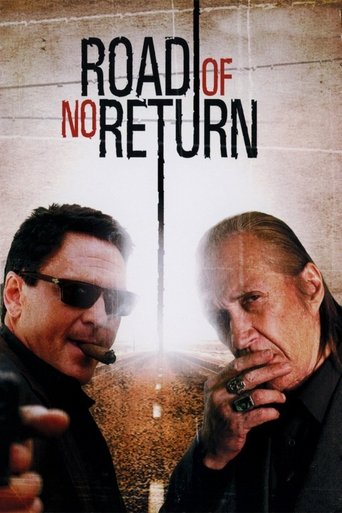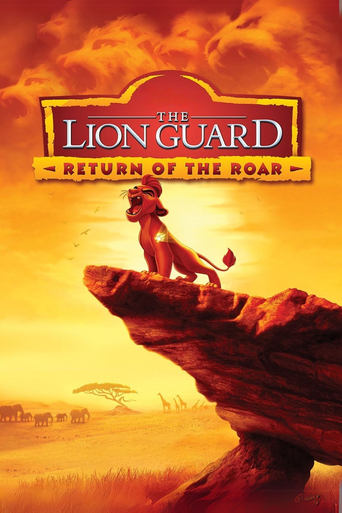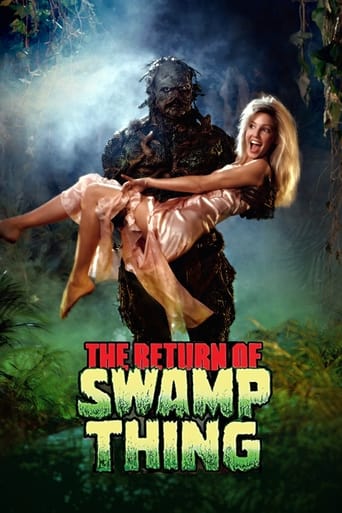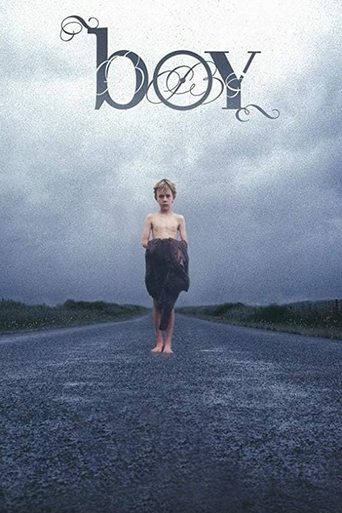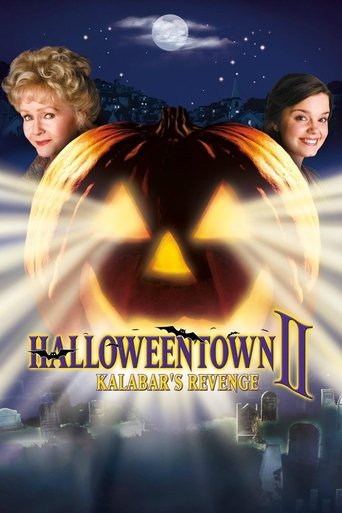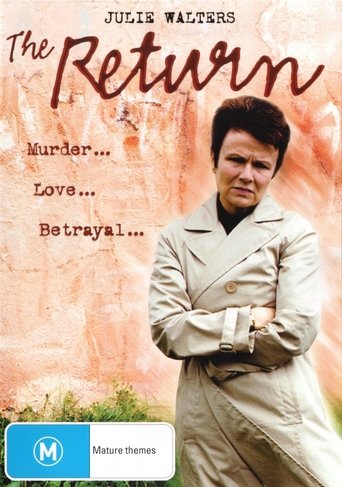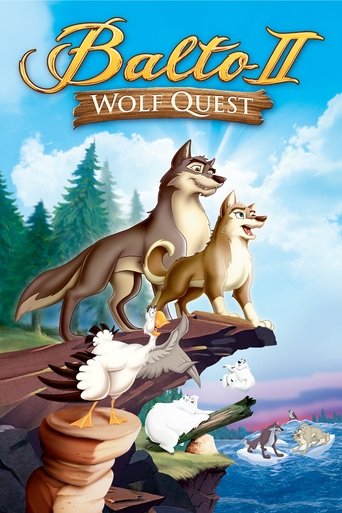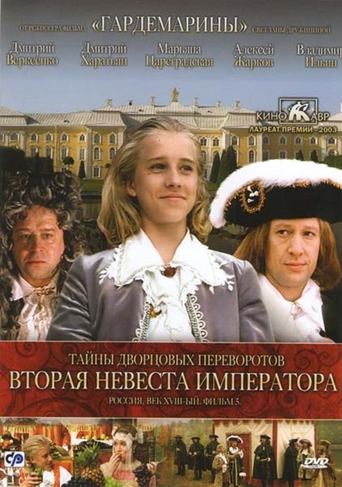Cast

Machiko Kyō
Ryûko Korinkakura / Hiroko Aishinkakura
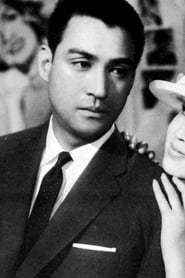
Eiji Funakoshi
Futetsu / Fuketsu Aishinkakura
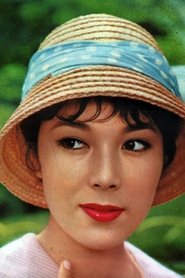
Atsuko Kindaichi
Empress Wan Rong
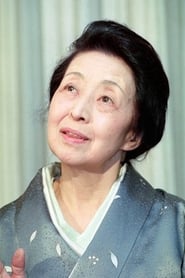
Sadako Sawamura
Kazuko Sugawara

Shōzō Nanbu
Hidesato Sugawara
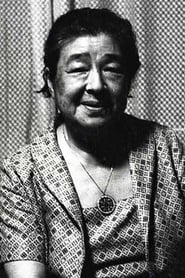
Chieko Higashiyama
Nao Sugawara
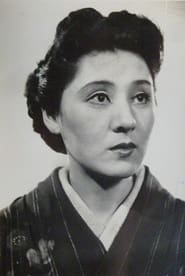
Kiyoko Hirai
Tsuruko Takahashi
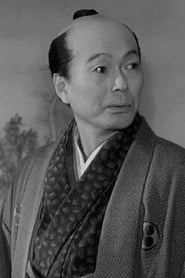
Tatsuya Ishiguro
Furuya

Mitsuko Mito
Izumi

Chishū Ryū
Kinoshita
More Like This
Reviews
CinemaSerf
This is a beautifully shot if rather lacklustre story of a young woman, of good Japanese family, who is selected to marry the brother of the Emperor of the puppet-state of Manchukuo. Hiro (Machiko Kyô) is none too impressed with the prospect of leaving her comfortable family home to go and live with a stranger, but quickly we discover that her betrothed - Fuketsu (Eiji Funakoshi) - is a decent man and that the two of them live a comfortable but by no means Imperial life. Indeed, they frequently run short of money but his brother Pu Yi appears powerless to do much in the face of the controlling Kwantung military that sustains his fragile rule in the face of an increasingly successful Chinese People's Liberation Army. It is when it becomes clear that the reign is soon to end, and that their society is crumbling that Hiro and the former Empress are captured and must endure hitherto unknown hardships as they trek the length of the country before being imprisoned. The style of the production mixes well the end of the deferential era of life in China and of the rise of the Communist regime that was anything but. The photography, especially as it captures their journey at the end, is effective at giving us a sense of just how tough life had become - even for the soldiers; and the musical score accompanies the whole story well. There is, though, a distinct lack of pace and structure to the thing. It looks good, but the direction lacks impetus and the characters are not really developed very thoroughly. That is a shame because the autobiographical elements could have been used to more potent effect in this otherwise rather underwhelming narrative. I saw this recently on a big (ish) screen and it was well worth it - even if it did make me wonder more why we never see Bertolucci's "Last Emperor" (1987) on general release, or even television, nowadays!
You've reached the end.

